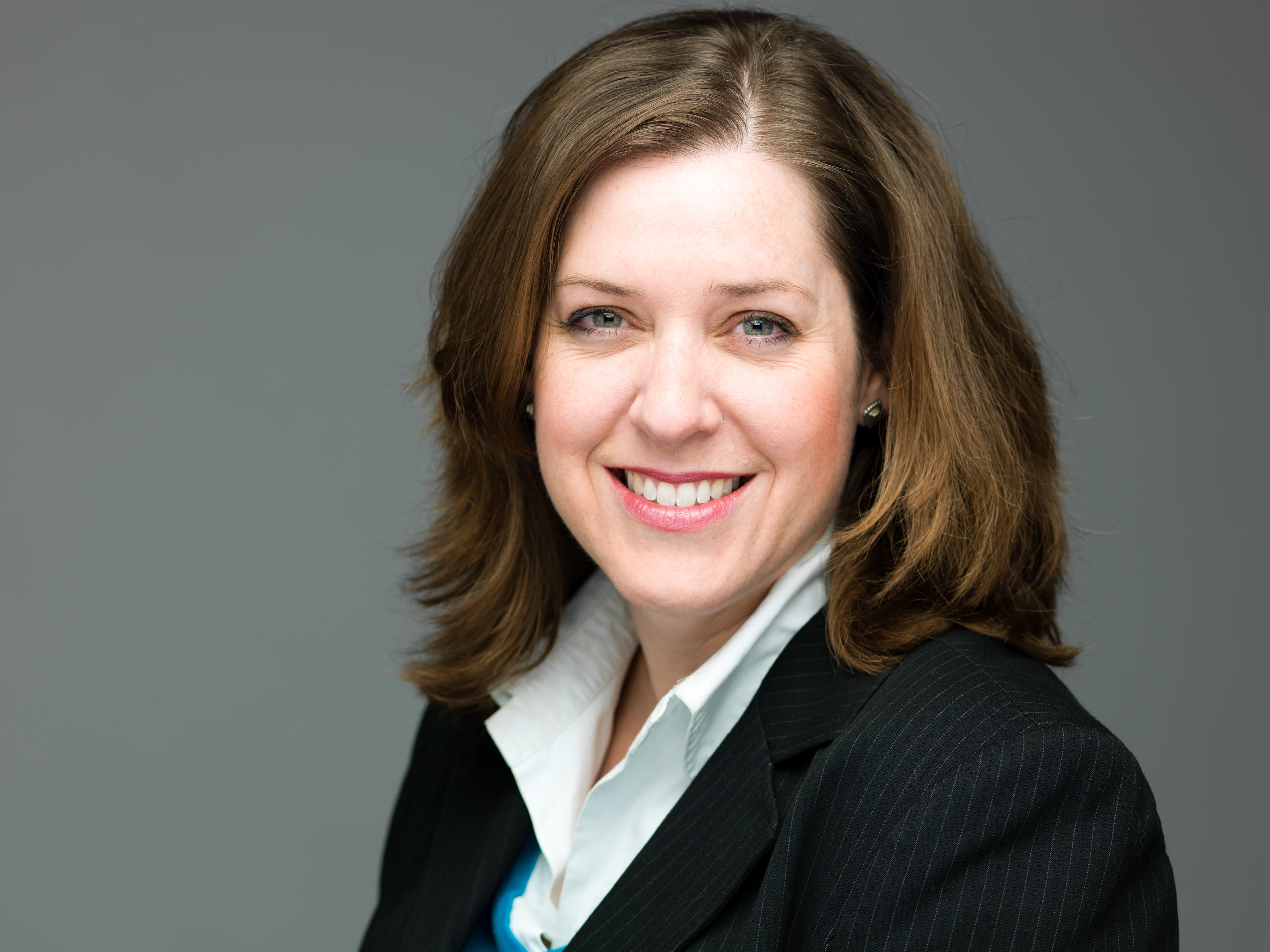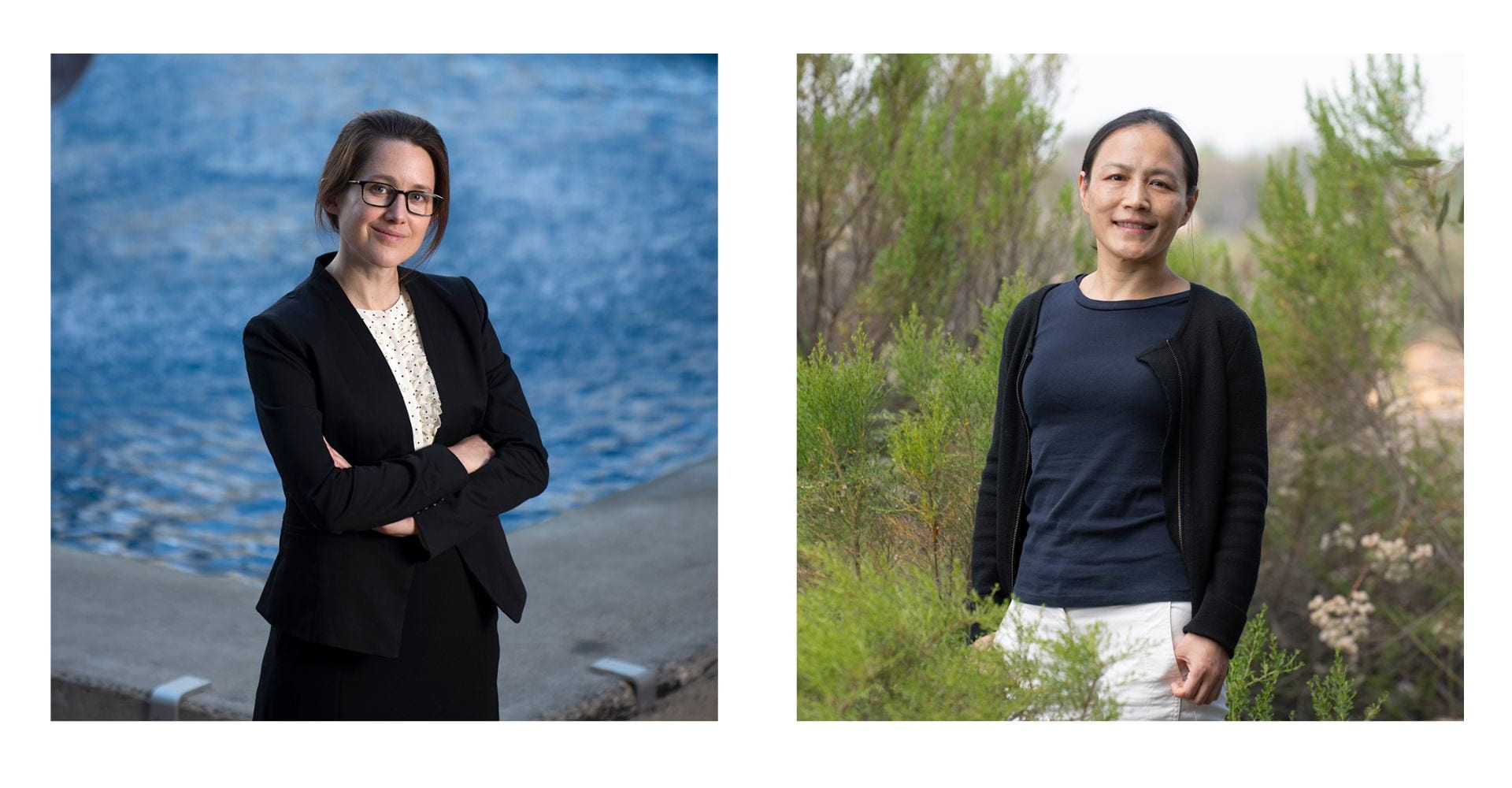Championing charities
UCI alumna’s incubator provides lifeline for O.C. nonprofits during pandemic

When the COVID-19 pandemic decimated the budgets of Orange County charities this spring, UCI alumna Anne Olin’s nonprofit incubator, Charitable Ventures, was poised to step into the gap. The challenges haven’t let up since, even as opportunities have arisen to rethink social-sector work in the county.
In early March, Olin – who earned a bachelor’s degree in political science, with a minor in history, at UCI in 1993 – conferred with a group of funders concerned about an imminent blow to the smaller charities and community organizations they helped support. Nonprofit leaders were predicting that business shutdowns and layoffs would cause donations to dry up and that the virus would force major fundraising events to be curtailed. Federal stimulus payments wouldn’t arrive until April or later. Nonprofits were going to need emergency funding to get through.
Within a week, and in the midst of sending staff home to work remotely, Charitable Ventures was launching the OC Community Resilience Fund, an effort to throw a lifeline to area nonprofits. Funders such as the St. Joseph Community Partnership Fund, the Orange County Community Foundation and Orange County Grantmakers helped raise $4.2 million by the end of May – more than double the original goal of $2 million.
Charitable Ventures used its incubator platform to push out these funds in rapid-response grants to local nonprofits – including community clinics serving low-income people – to both cover operating expenses and provide direct aid to individuals. In all, 164 organizations received grants averaging $25,000. Charitable Ventures waived the 9 percent fee it usually imposes to cover administrative costs.
But those funds only met a portion of the need: About 400 groups submitted applications.
“We knew it was going to be bad. We anticipated that when the money ran out, we were going to see smaller nonprofits begin to falter, those without reserves or banking relationships,” Olin says. “The lost revenue was immediate. Nonprofits with public contracts lost revenue when those contracts were put on hold. Special events were canceled – no golf tournaments, no galas. Those events can raise $100,000 or $500,000 in precious net income, depending on the organization. That money went away immediately.”
Olin formed Charitable Ventures in 2007 as an extension of her work with The Olin Group, a consulting firm for foundations and nonprofits that she founded and led for 17 years. In 2019, she merged the two. As an incubator, Charitable Ventures functions as the holding organization for, currently, 34 emerging nonprofits, while also consulting with foundations and other nonprofits. It employs 100 staff members and has more than $20 million in revenue, including funds dedicated to projects it incubates, along with its own consulting contracts and other sources.
Nearly a year into the pandemic, Orange County nonprofits still face the bleak conditions of increased demand and decreased resources. In a recent assessment conducted by Charitable Ventures and released in August, 49 percent of nonprofits surveyed had to either reduce staff hours, furlough employees or let people go. While some of the larger ones received Paycheck Protection Program loans, many more did not. And nonprofits’ access to credit has tightened, even as residents need more help with food, housing, healthcare and mental health.
“The challenges are real, but the silver lining in all this is that now we have to think outside the box to build long-term resilience,” Olin says. “We may begin to see strategic partnerships, new modes of service delivery, maybe even mergers, which are rare in the social sector. Nonprofit leaders always find a way to fight another day.”
It hasn’t been easy for Charitable Ventures either. When schools shut down, a large contract to run an outdoor science camp for fifth- and sixth-graders was suspended, cutting off a major source of revenue. Olin had to lay off 25 of her own project staff and significantly reduce her annual budget. Even work on the 2020 census – for which Charitable Ventures is the regional nonprofit lead – had to be radically altered, shifting from in-person community outreach to digital strategies literally overnight.
Now beyond the emergency regranting period, Charitable Ventures is engaging in conversations about how funders can support nonprofits through the next phase of this crisis: recovery.
“What is the right investment right now, when need for revenue outstrips what’s available? What can we invest in that’s catalytic? Should we fund technical assistance? Technology? Should we fund mergers and collaboration? Should we provide nonprofit loans because banks won’t or can’t?” Olin says.
In partnership with Arts Orange County, Charitable Ventures recently launched the OC Arts & Culture Resilience Fund for arts and culture organizations. Charitable Ventures has also initiated a relief fund for working families called In’Lakesh, as well as a get-out-the-vote operation called OC Votes.
Olin continues to partner with UCI campus groups on some projects, including assisting grant recipients with stakeholder communications and helping with strategic planning. Her husband, Emerson Olin, earned a B.A. in history at UCI in 1991, and her father-in-law, Spencer Olin, was a founding professor of history when the university opened, in 1965.
“UCI continues to be such an amazing, loving, dynamic community. When you’re in it as a student, you don’t always see the whole, but there was always such a wealth of opportunity to tap into,” Olin says. “I would love to see UCI use its vast talent and treasure to work even more closely with local nonprofits to help transform our communities.”
